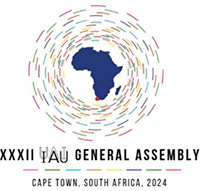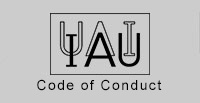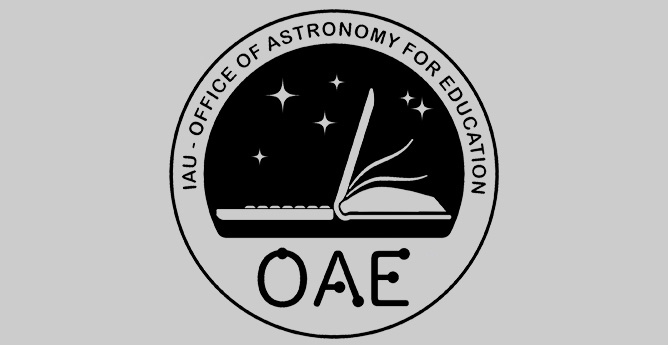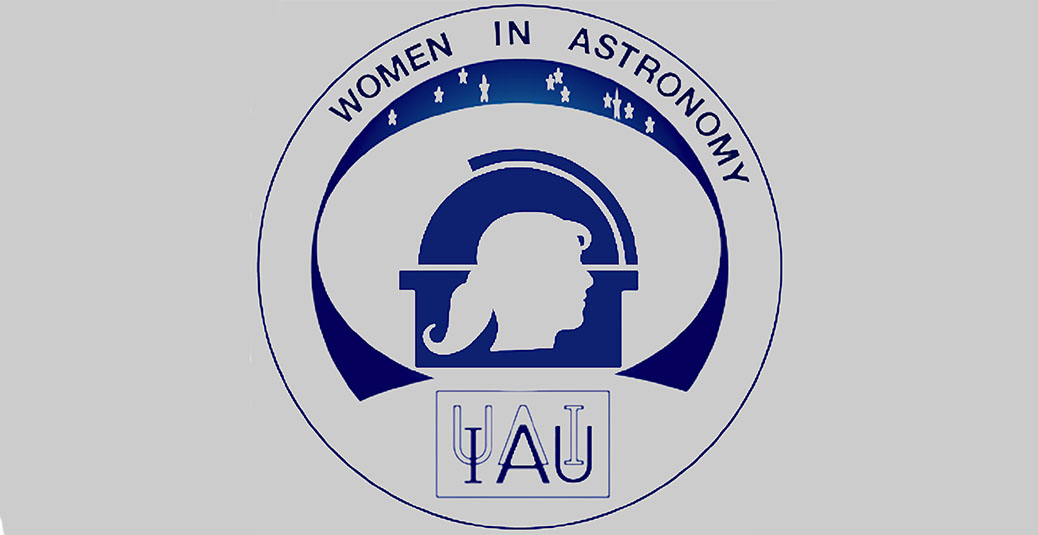- News
- Science
- Scientific Bodies
- Divisions
- Commissions
- Commission A1 Structure
- Commission A2 Structure
- Commission A3 Structure
- Commission A4 Structure
- Commission B1 Structure
- Commission B2 Structure
- Commission B3 Structure
- Commission B4 Structure
- Commission B5 Structure
- Commission B6 Structure
- Commission B7 Structure
- Commission C1 Structure
- Commission C2 Structure
- Commission C3 Structure
- Commission C4 Structure
- Commission C5 Structure
- Commission D1 Structure
- Commission E1 Structure
- Commission E2 Structure
- Commission E3 Structure
- Commission E4 Structure
- Commission F1 Structure
- Commission F2 Structure
- Commission F3 Structure
- Commission F4 Structure
- Commission G1 Structure
- Commission G2 Structure
- Commission G3 Structure
- Commission G4 Structure
- Commission G5 Structure
- Commission H1 Structure
- Commission H2 Structure
- Commission H3 Structure
- Commission H4 Structure
- Commission J1 Structure
- Commission J2 Structure
- Commission J3 Structure
- Commission X1 Structure
- Commission X2 Structure
- Past Commission Organising Committees
- Working Groups
- Centres
- Scientific Meetings
- Rules & Guidelines
- General Assemblies
- Meeting Proposals
- Future IAU Meetings
- General Assemblies
- EC Meetings
- Officers' Meetings
- Regional Meetings
- Symposia
- Focus Meetings
- Institutional Meetings
- IAU Offices Meetings
- IAU-Sponsored Meetings
- Letters of Intent submitted for 2024
- Letters of Intent submitted for 2023
- Letters of Intent submitted for 2022
- Letters of Intent submitted for 2021
- Letters of Intent submitted for 2020
- Past IAU Meetings
- Templates
- Other Meetings
- Grants & Prizes
- Scientific Bodies
- Publications
- IAU Publications
- IAU Strategic Plan
- Symposia
- WGSBN Bulletins
- Regional Meetings
- Information Bulletins/Catalyst
- E-Newsletters
- Focus Meetings
- Transactions A
- Transactions B
- Related Publications
- GA Newspapers
- CAPjournal
- IAU Books
- Brochures
- IAU Offices
- WG Reports
- Commission Reports
- Division Reports
- Past IAU Publications
- Rules, Guidelines and Instructions for Proceedings
- Publishers
- IAU Publications
- Administration
- About the IAU
- Statutes & Rules
- IAU Policies
- IAU Executive Bodies
- IAU Secretariat
- Resolutions
- Members Administration
- Administrative Dates & Deadlines
- International Organisations Relations
- Donate to the IAU
- Training in Astronomy
- Astronomy for Education
- Astronomy for Development
- Astronomy for the Public
- Office for Astronomy Outreach
- FAQ
- Themes
- Satellite Constellations
- Astronomy in Everyday Life
- How to Report a Discovery
- Careers in Astronomy
- Defining our Place in the Cosmos
- The Constellations
- Light Pollution
- Measuring the Universe
- Near Earth Objects
- How to Participate in Astronomy Research
- Naming of Astronomical Objects
- Naming of Exoplanets
- Buying Star Names
- Naming Stars
- Pluto and the Solar System
- IAU Member Statistics
- Our Moon: the Moon
- Meteors & Meteorites: The IAU Definitions of Meteor Terms
- UNESCO-IAU Portal to the Heritage of Astronomy
- Social Media
- Past Events
- Call for Online Resources
- Astronomy@Home Awards
- Contact
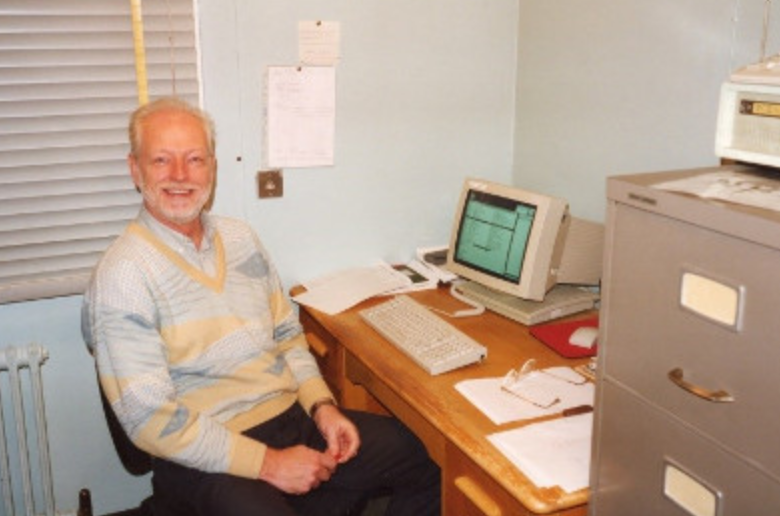
Bryan Anderson
United Kingdom
1929-2020
Obituary:
Bryan Anderson was born on 28 April 1939 in Bedlington, Northumberland, UK, and died aged 80 at home in Bramhall, Greater Manchester UK on 25th March 2020.
He was educated at Bedlington Grammar School and joined the Physics with Electronics course at The University of Manchester in 1957, graduating with a BSc degree in July 1960. He then joined the radio astronomy group under Sir Bernard Lovell at Jodrell Bank (then called The Nuffield Radio Astronomy Laboratory) and was awarded a doctorate in December 1965 with a thesis entitled: ‘The Apparent Angular Diameters of Extra-terrestrial Radio Sources’. He joined the academic staff in 1966.
Bryan was one of the pioneers of long baseline radio interferometry, working with Henry Palmer, Barrie Rowson and others to make the first measurements on 100km baselines in the early 1960s. These experiments revealed a significant number of compact radio sources, which would later be known as quasars. The early work at Jodrell Bank was an important part of the discovery of quasars.
With his student, Wilf Donaldson, Bryan set up the first transportable dish as a long baseline radio linked interferometer in conjunction with the MkI (Lovell) Telescope at Jodrell Bank. He used one of the dishes, built by J S Hey, at Defford to make interferometers with baselines of 1 and then 2 million wavelengths, at a distance of 127km. These experiments inspired the new technique of VLBI using independent tape recording to make interferometers on continental scales. Bryan was working on this at Jodrell Bank from 1964, initially as part of a collaboration with the USSR, but colleagues in Canada and the US were the first to obtain successful VLBI results in 1967. Bryan’s system was successfully used in 1969 in experiments between Jodrell Bank and Arecibo (Puerto Rico). We remember the stories of a Rubidium atomic clock being transported to Arecibo on a passenger seat, with a power cable leading to the airplane cockpit, and a ticket in the name of Mr A. Clock.
His electronic skills were renowned. He designed and built the first transistor operational amplifiers in use at Jodrell, where they appeared in a variety of ‘back ends’ at the observatory. He also (with Andrew Lyne) designed a suite of intermediate amplifiers of excellent performance, replacing some rather poor commercial devices in use in the mid- 1960s. He taught transistor electronics to the newly formed MSc course in 1966 (and RES used his notes when he took over the course in the 1970s).
Bryan was instrumental in the creation of MERLIN, which developed from these early experiments. He designed two generations of its correlator, as well as key parts of the MkIV European VLBI Network correlator at JIVE and was the technical architect for the design of e-MERLIN.
He had a deep understanding of every aspect of interferometry and, combined with his technical expertise in designing and implementing the key analogue and digital electronics on which it relies, he was widely regarded as one of the gurus of the subject around the world.
We will all remember Bryan for his good humour, his sharp mathematical insights in all aspects of radio astronomy, his expertise in digital electronics and his ability to keep at the forefront of developments in signal processing. He was a keen footballer (soccer), regularly playing until quite late in life. His skills were often in display at the lunchtime game played on the green at Jodrell. His team always won.
Contributed by Ralph E. Spencer and Simon T. Garrington
Search individual members

